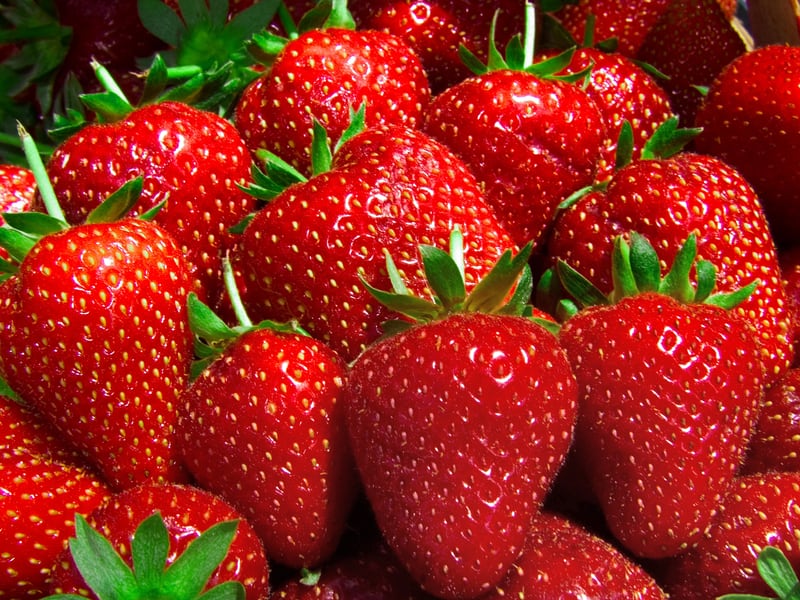The Hawaii Department of Health (HDOH) identified raw scallops served at Genki Sushi restaurants on Oahu and Kauai as a likely source.
A total of 206 are ill with onset dates ranging from June 12 to August 9. All cases are adults and 51 have required hospitalization.
Product from the Philippines
Sea Port Bay Scallops (Wild Harvest, Raw Frozen) from the Philippines and distributed by Koha Oriental Foods and True World Foods is the affected product.
Traceback investigation determined Sea Port Products Corp imported the scallops supplied to certain Genki Sushi locations in Hawaii, where ill people reported eating.
“Genki Sushi in Hawaii has a history of good compliance with food safety regulations which includes good employee hygiene,” said Peter Oshiro, sanitation branch chief. “We will continue to work with Genki Sushi Restaurants to ensure their safe operation after the investigation is completed.”
Product is made by De Oro Resources Incorporated, based in Suba Basbas, Philippines and imported by Sea Port Products Corporation.
Scallops received by True World Foods have not been distributed to any restaurants in the state, and were held at their warehouse.
Scallops served at Genki locations on the Big Island and Maui were from a different supplier and have not been associated with the outbreak.
“I would like to thank our federal partners, the FDA and CDC for their collaboration with our staff throughout this ongoing investigation,” said Dr Virginia Pressler, health director.
“The corroboration by the FDA of our data analysis and conclusions provides welcome and critical evidence for our continuing investigative work.”
HDOH encouraged residents to consider getting vaccinated for hepatitis A.
FDA analysis findings
The Food and Drug Administration (FDA) laboratory analysis of two scallop samples collected on August 11 were confirmed positive for hepatitis A. They were imported by Sea Port Products Corp.
Sea Port Products Corp recalled frozen Bay Scallops produced on November 23 and 24, 2015 and distributed to California, Hawaii and Nevada.
Restaurants and retailers should check freezers and inventory for recalled scallops and return them to their distributor.
They were not intended for retail sale, according to the firm. Recalled lot numbers are 5885, 5886 and 5887.
Hepatitis A is a contagious liver disease that results from infection with the hepatitis A virus (HAV). Illness occurs within 15 to 50 days of exposure.
Hepatitis A transmission from seafood can be avoided by thoroughly cooking it.
The Centers for Disease Control and Prevention (CDC) said it was not aware of any HAV infections in other states linked to the Hawaii outbreak but it continues to monitor the situation.
Hepatitis A in strawberries
Meanwhile, the Virginia Department of Health (VDH) is investigating a different cluster of hepatitis A cases.

A potential association with smoothies from Tropical Smoothie Cafe restaurants in the state has been identified.
Genetic testing shows illnesses were caused by a strain of hepatitis A that has been associated with past outbreaks due to frozen strawberries from Egypt.
Individuals who had a smoothie from a Tropical Smoothie Cafe that contained frozen strawberries, on August 5, 6, 7 or 8, may benefit from vaccine or immune globulin to prevent hepatitis A. (Vaccine or immune globulin within two weeks of exposure to hepatitis A virus is effective at preventing the disease.)
Tropical Smoothie Cafe said its cafes and food handling practices have not been implicated.
"Egyptian strawberries represent a fraction of our overall strawberries purchased, and were predominantly distributed to stores in the Virginia market. Today, our strawberries are primarily sourced from Mexico and California," it said.
"However, in an abundance of caution, we voluntarily pulled all strawberries sourced from Egypt from every cafe in our system, not only the Virginia cafes."
VDH said other restaurants, and firms that supply restaurants, may have received the frozen strawberries imported from Egypt and the investigation is ongoing.
